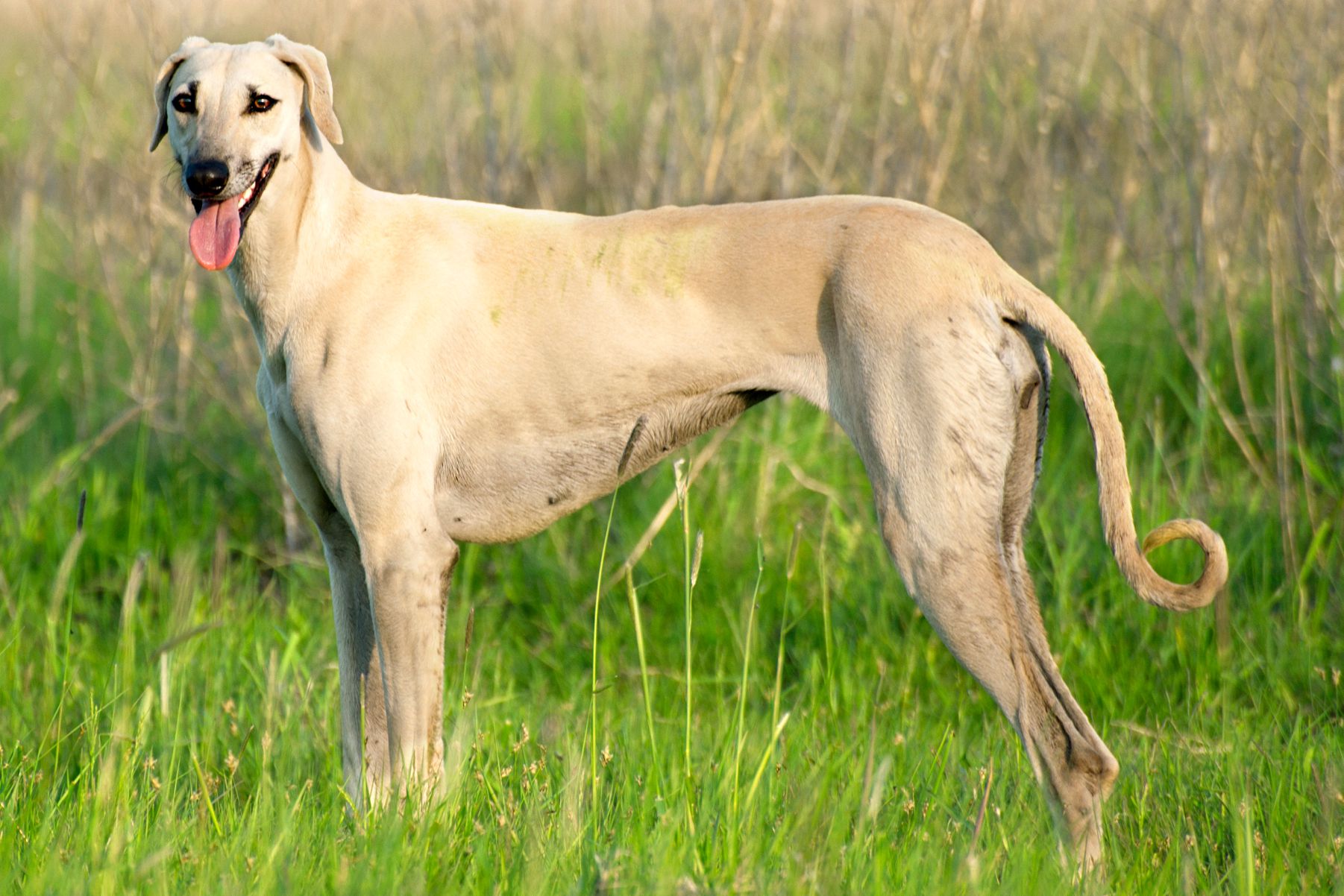
Dachshund Introduction
The Dachshund is a small, long-bodied breed originally bred in Germany for hunting badgers and other burrowing animals. They come in three varieties: smooth, wire-haired, and long-haired, and can have a variety of coat colors and patterns. Dachshunds are known for their lively and playful personalities, as well as their stubbornness and determination. They make great family pets and are suitable for both city and country living, but their small size and tendency to bark can make them better suited for households without young children. With proper socialization, training, and care, Dachshunds can be loyal and affectionate companions for many years.
Temperament
Personality traits of the Dachshund breed
Dachshunds are known for their unique personalities and traits. They are intelligent, curious, and often exhibit a bold and adventurous nature. Despite their small size, they can be quite stubborn and independent, but also loyal and affectionate towards their owners. Dachshunds are typically playful and enjoy being around people, but they can also be protective and wary of strangers. Due to their hunting background, they have a strong prey drive and may be inclined to chase small animals or objects. Early socialization and training are essential to help them develop into well-behaved and well-adjusted dogs. Overall, Dachshunds are energetic, loving, and charismatic companions that bring joy and laughter to their families.
Do Dachshund bark a lot

Dachshunds have a tendency to bark frequently. They were originally bred for hunting and have a strong instinct to alert their owners of any perceived danger or intruders. This can make them excellent watchdogs, but also means they may bark excessively if not trained properly. Early socialization and training can help mitigate their barking tendencies and teach them appropriate behavior. Providing enough exercise and mental stimulation can also help reduce excessive barking. However, it’s important to note that each Dachshund is unique and may have varying levels of barking tendencies.
Health and Lifespan of Dachshund
The reported lifespan range of a Dachshund is typically between 12 to 16 years. With proper care, nutrition, and exercise, many Dachshunds can live well into their teens. However, like any breed, Dachshunds are prone to certain health issues, such as back problems, obesity, dental issues, and eye diseases. Regular veterinary checkups, a balanced diet, and appropriate exercise can help prevent or manage these health concerns and prolong a Dachshund’s lifespan.
Food for Dachshund
Choosing the best food for your Dachshund is important for their overall health and wellbeing. Look for high-quality dog food that meets the AAFCO nutrient standards and contains a balanced combination of protein, carbohydrates, healthy fats, vitamins, and minerals. Dachshunds are a small breed and may require a smaller kibble size to help with digestion. Additionally, foods with real meat sources, such as chicken, turkey, beef, or fish, are excellent choices for Dachshunds. High-quality carbohydrates like sweet potatoes or brown rice provide energy and fiber to keep your dog feeling full and satisfied. Avoid dog foods that contain fillers, artificial preservatives, and by-products. Consult with your veterinarian to determine the best food for your Dachshund’s individual nutritional needs based on their age, activity level, and overall health.
Conclusion
The Dachshund is a unique and beloved breed with many endearing qualities. They are intelligent, curious, and affectionate companions that require proper socialization, training, and care. Despite their small size, Dachshunds are strong-willed and may exhibit stubborn behavior if not trained properly. They are prone to certain health issues, including back problems and obesity, but with proper care and regular veterinary checkups, they can live a long and healthy life. Overall, Dachshunds make wonderful pets for those who are willing to put in the time and effort to provide them with the love and attention they deserve.

